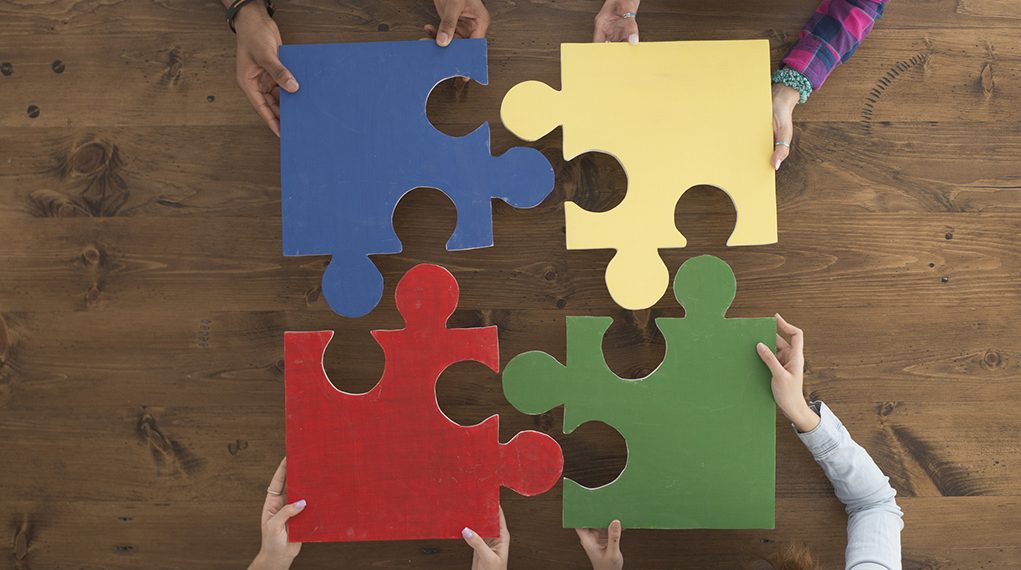Mental Health First Aid
Look around you in whatever room/office you are sitting in right now. Count five people. One of those people either is currently suffering from a mental health issue or will be before the year is out. Statistics tell us that 1 in 5 adult Americans will suffer from a mental illness each year. If the same number of people were afflicted with the flu, or a cold, it would be the talk of the office. We would offer sympathy for one another and set about making the suffering individual’s life easier however we can. Cover for them. Take up their tasks. Offer support and chicken noodle soup.
Typically, however, the same cannot be said when one of our coworkers has anxiety, or depression, or any number of other mental illnesses. There is a deep stigma rooted in our culture regarding mental illness. It permeates our society and creates a climate in which we demean and denigrate those who admit to having a mental illness. This stigma against mental illness even finds its way into our every day language. Words like crazy, looney-tunes, schizo, nuts, bonkers are words we toss off easily as completely harmless – and yet they are not. They are indicative of the way we, as a society, think about and relate to mental illness.
To realize the impact that mental health issues have in the workplace, it is important to understand how prevalent these disorders are. The following statistics refer to the adult population in the United States in a given year:
- 1% have an anxiety disorder
- 8% have major depressive disorder
- 1% have a substance use disorder
- 8% have bipolar disorder
- .3 – .7% have schizophrenia
These are significant numbers. Imagine if 18% of the US Adult population had the flu during a calendar year. It would certainly be considered an epidemic – and as we witnessed just this last winter – it would be open conversation at our office water coolers. Steps would be taken to keep it from spreading. Measures would be implemented to care for those suffering. Sick leave may be taken. But, in part because of the way we use language, and the way we think about people who have these illnesses, individuals do not come forward and seek help. The average time that people who are suffering take to seek help for their mental illness is 10 years. 10 years. The problem here is that, just like the flu, or cancer, or other physical ailment, the quicker the individual gets help and treatment, the better the outcomes are likely to be.
A mental health problem becomes a disorder when it affects the individual’s thinking and behavior, and disrupts their ability to work, carry out daily activities, and engage in satisfactory relationships for an extended period– at least 2 weeks or more. Individuals suffering from these illnesses cost our workplaces countless dollars in lost productivity.
What can we do?
We can Understand.
We can Adjust.
We can Educate.
Fears and negativity are generally founded on a lack of understanding. We must understand that mental illnesses are just that – illnesses. We should learn about what they are and how they impact the individual that has them.
We need to adjust our language. Taking steps to remove marginalizing language from our vocabulary will help to de-stigmatize. And it may help that 1 in your 5 colleagues feel safer and more able to seek help for a problem.
We need to educate ourselves and others about how we can help those around us who may be suffering. Visit ThriveNYC online to learn about New York City’s comprehensive initiative to increase the mental health of it’s population. Take a Mental Health First Aid class; in the same way that CPR training provides lay persons with repeatable steps to follow to help a person suffering from a significant cardiac event, Mental Health First Aid offers participants steps to follow to help a person who may be suffering from or developing a significant mental health crisis.
The ALA, in conjunction with Business Partner Emergency Skills, Inc. will be offering this training in July. We hope you’ll join us!















